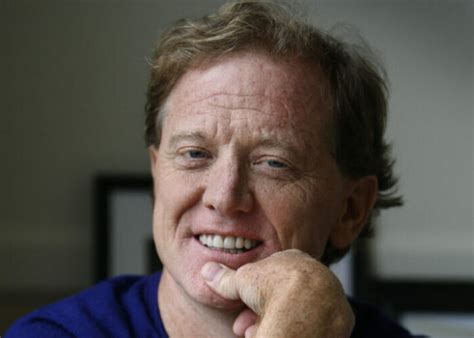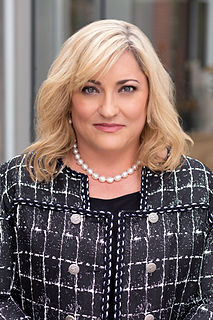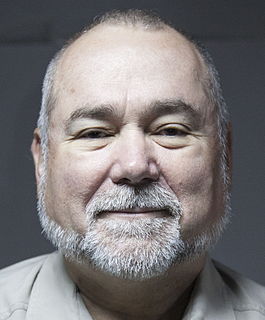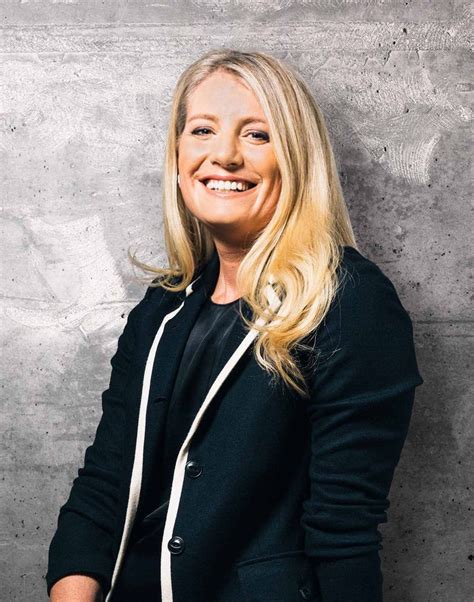A Quote by James Redford
Our aim in the film ['Resilience'] is to make people understand that resilience is something you can create, build or develop, rather than just having as an inherent gift organically or thinking you are a special person. That's really important.
Related Quotes
With resilience you are learning to be flexible and take feedback on how people are experiencing what you are building, you're listening to what your customers are saying, you're building these relationships, and making better decisions over time. That all really starts with that resilience and that willingness not to be perfect.
The Great Famine is a period of our history that we need to know in great detail in order to understand its continuing impact on us as a people. Its causes were complex. We can't apportion blame simplistically but rather [must] understand that blame has to be shared in different areas and levels of society. It was the very poorest of the poor, the small tenants and cottiers, who really suffered. Others were less affected. But most of all I welcomed the commemoration because it was a moment to look into our past and realize the courage and resilience of those who survived.
I'm not sure if resilience is ever achieved alone. Experience allows us to learn from example. But if we have someone who loves us-I don't mean who indulges us, but who loves us enough to be on our side-then it's easier to grow resilience, to grow belief in self, to grow self-esteem. And it's self-esteem that allows a person to stand up.




































